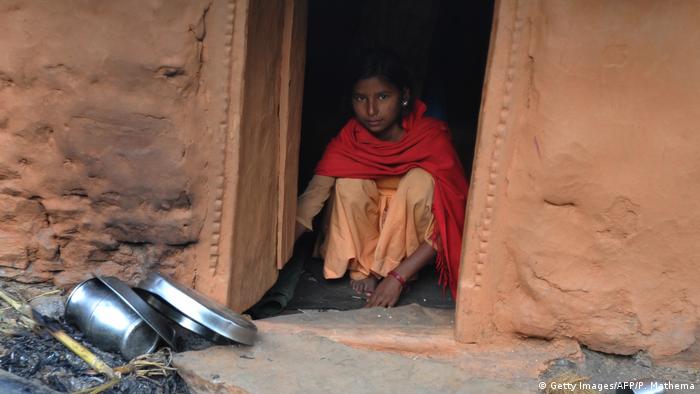
by Laabhesh Thapa 15 September 2019
The ancient Hindu practice called Chhaupadi is an example of religious belief which has edge over the law the deeply rooted belief states that menstrual blood is impure. This practice is one of the form of seclusion of women from the society, social consequences of this pure-impure binary is one of the most overt forms of discrimination . This practice is localized mostly in the far-western part of Nepal. The Supreme Court of Nepal banned Chhaupadi in 2005, stating that it was a violation of human rights, but it still continues to flourish.
Nepal’s parliament criminalized Chhaupadi in 2017, in a law that was passed unanimously. Despite its criminialization, this practice still exists due to prevalent social norms. Traditional healers linked it with a tradition that has been followed for decades. On the other hand, anti-Chhaupadi activists have been unable to convince the people to abandon this brutal practice of forcing women to live outside the home, in huts during their periods. Going to huts has been the tradition for a very long time. Women subjected to this practice constantly live in fear of sexual violence, animals and various others diseases during thei stay in these huts. It is often argued that this practice has roots in Hinduism, and hence sleeping in a hut is a requirement for a woman during her period. Elders and other traditional healers try to preserve this tradition stating that women in their periods bring bad luck and are impure. Religious belief more often than not has edge over the law. The younger generations in the village of Western Nepal should take the lead and reject and denounce this practice in its entirety, from their society.
In Hinduism, the goddess occupies an exalted position and is worshipped; on the other hand women are made to suffer because of their natural body cycles. This is a human-made practice which can be abolished with the joint support of the community. Women are forced to sleep alone or in groups sometime for 5 to 7 days, they are not allowed to take part in household work or enter temples. They are often forced to live with cattle during that period.
In India, the Sabarimala temple located in the state of Kerala is also an example of religious belief having more influence over the law as the Supreme Court of India gave a historic verdict granting all women of all age groups the right to enter the shrine of the temple. The court stated that a woman is not inferior to a man and patriarchy cannot be permitted to trump religious practice, and also defined it as a violation of article 14 (right to equality) of the Constitution of India. Despite this judgment given by the court, women were not allowed to enter the sanctum – sanctorum of the temple by the local community. This shows that religious belief that has been followed for a very long time often ends up overriding the law. Women of menstruating age are not allowed to enter the premises of temple. Many attempts have been made to allow them entry into the temple. However, it is believed that Lord Ayyappa, who is worshipped in the temple, is a Nashtika Bramahachari or a celibate for life, and hence women belonging to the menstruating age were traditionally not allowed.
In both the situations in India and Nepal, The deeply rooted belief overpowers the law. In the name of religion and tradition, women are forced to live, perform unwanted and harmful rituals merely to impress the local deity. Efforts should be made to abolish these practices in their entirety. It has become a norm to follow these practices, and those who do not follow these practices are excluded from the society and as social deviants.
Law is supposed to be a form of social control over society, to build a harmonious society. However, in these situations, law enforcement agencies and judicial systems are ineffective when they seek to challenge tradition. Deeply rooted tradition has become the weapon for traditionalists to impose discriminatory practices on women without any fear of law.
Law and society need to go hand in hand. Until and unless society changes and values change, the law becomes inactive. It becomes difficult to achieve the progress in society, for the nation and for the condition of women. Until and unless there is change in the mentalities of the people, nothing is going to change in society. Families in the village often take pride in sending their loved ones to huts. It is quite strange that deities curse only women, and not men who demean their dignity. This practice is linked to domestic violence of the women in the society, but women have been pressurized to accept this practice as a way of life. This practice remains a blot on the progressive culture of Nepal. It is very difficult to eradicate tradition that has been practiced over a long period of time. It will be a challenge for the legal fraternity to build a strong policy regarding this, and the government should work immensely hard to convince people to end this practice in entirety. There needs to be a strategic intervention as part of an attempt to abolish these practices.
